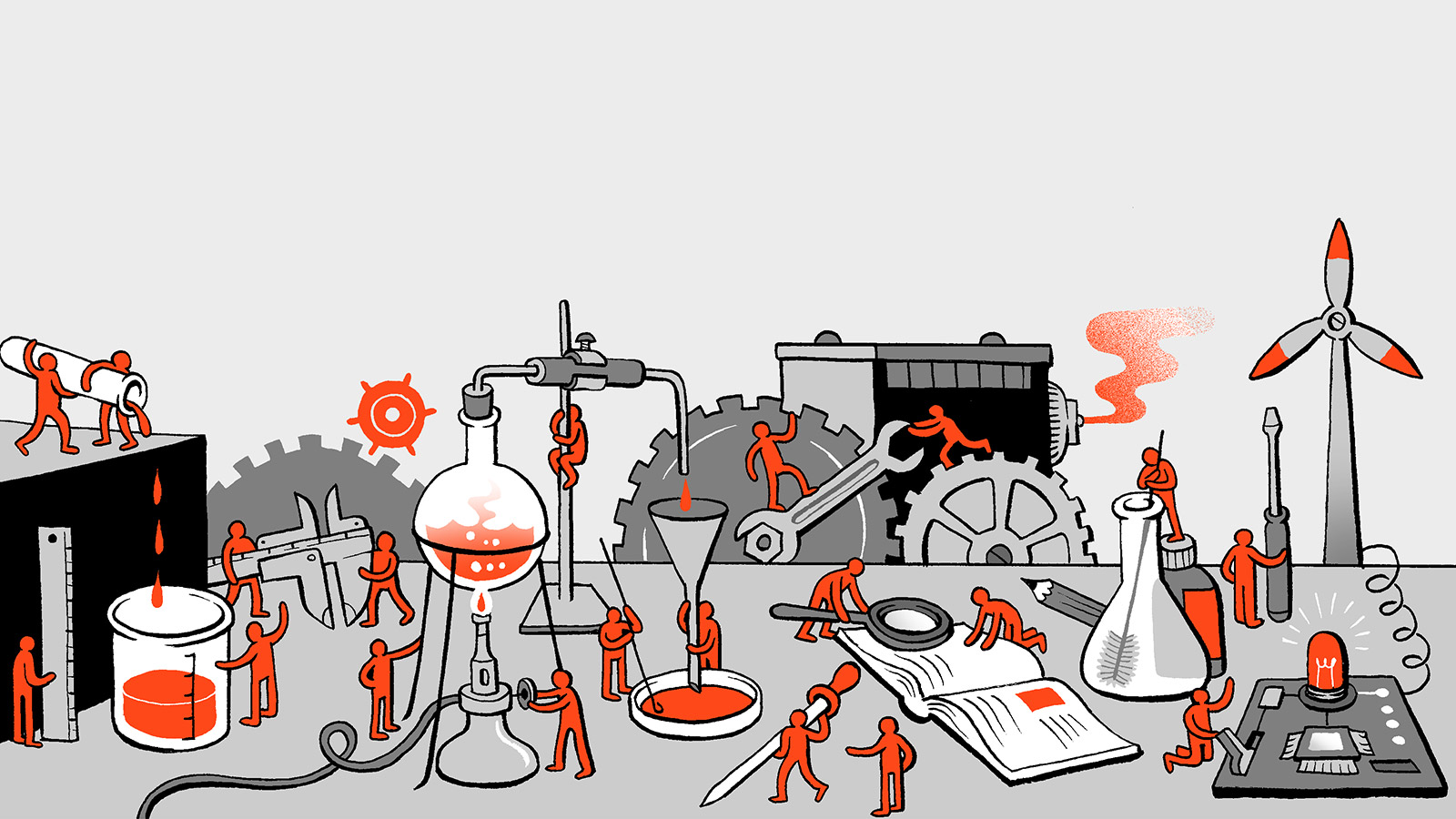The Northeast Regional Committee of Science for the People undertook a survey of the membership, activities and political perspectives of SESPA chapters around the country. This is a first step in the direction of assessing the need and support for a national conference which would work toward a national organization...
Category - No 6
At Stony Brook these days we feel excited whenever a new issue of SftP magazine arrives. We find ourselves reading the magazine very thoroughly, commenting about content, style and technical detail. Since we produced the May issue, we're much more attuned to mistakes and innovations. We feel a part of the production...
According to the authors, science in China is not viewed as the exclusive domain of those with highly specialized training, nor is it limited to advancing only profits as opposed to people. Rather, science is represented as "walking on two legs". Her ancient traditional knowledge together with advances made through...
Did David Rockefeller break his hip (see box) because he hates nuts, soybeans, and steamed green leafy vegetables such as chard, beet tops, kale, and spinach? If his diet lacks these and other magnesium-rich foods, he may be excreting excessive calcium in his urine, and have osteoporosis (porous bones), i.e. fragile...
On November 30, 1973, 200 employees from George Washington University Hospital demonstrated in the hospital lobby to demand that the hospital administrator arrange for a Union 1199 representation election for approximately 750 clerical, technical, and nursing personnel. After refusing to meet with a delegation from...
In our initial enthusiasm for a women's movement, it seemed to us as if our common experiences as women — the expectation that we would all be housewives, our lower pay, the degrading use of our bodies in a thousand different ways — were so overwhelming that we could overcome all other divisions which split us up...
With the military coup d'etat of September, 1973, 41 years of constitutional democracy in Chile came to an end. The purpose of our paper is to analyze (1) some of the changes that occurred in the Chilean health system during the government of Salvadore Allende, (2) the political and economic constraints that limited...
Several questions are raised by the Chile article. First, to what extent can special groups like doctors be expected to divorce themselves from their associations with the dominant class and work for significant change? The article suggests that when it comes to a choice between class interests and change, most...
Unionization of engineers received its greatest impetus not during the Depression years but during the war years (1943-45). That is to say, it was not so much economic deprivation which led to large-scale unionization, but rather the monumental change brought about by their employment on a mass basis in large war...
The question of where to situate technical workers .in the class structure focuses on the debate over their relationship to blue-collar production workers. Are the interests of technical workers linked to those of wage workers in general? Or to those of management and capital? Or rather do they, together with all...


